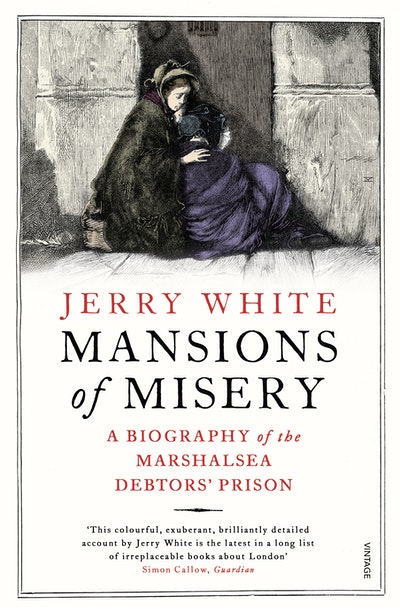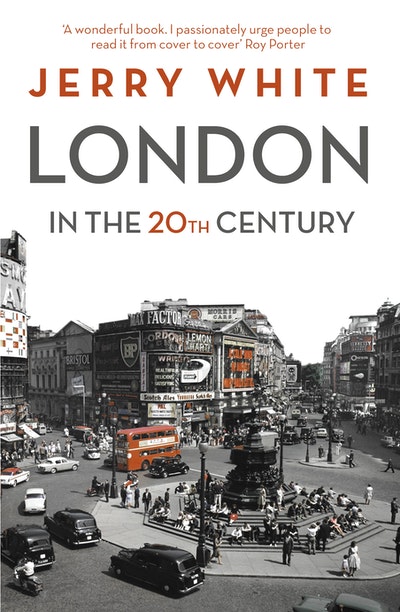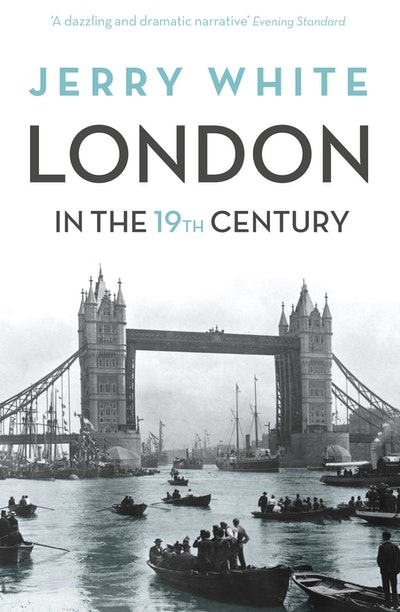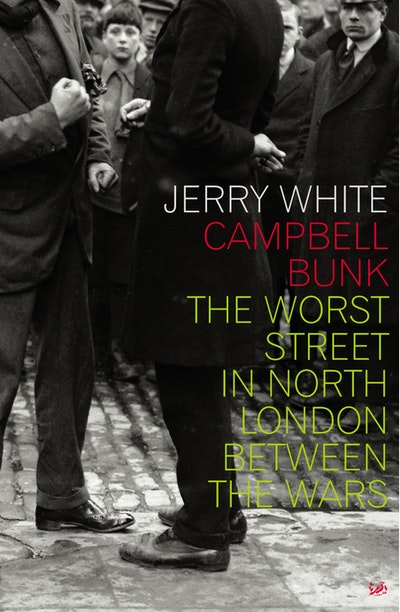- Published: 15 October 2017
- ISBN: 9780099593324
- Imprint: Vintage
- Format: Trade Paperback
- Pages: 384
- RRP: $45.00
Mansions of Misery
A Biography of the Marshalsea Debtors’ Prison
- Published: 15 October 2017
- ISBN: 9780099593324
- Imprint: Vintage
- Format: Trade Paperback
- Pages: 384
- RRP: $45.00
Fascinating.
The Times
[A] riveting, richly researched account.
Times Literary Supplement
[An] excellent, detailed book.
Hermione Eyre, Spectator
White’s absorbing book is a salutary reminder of the realities of debt.
Catherine Peters, Literary Review
A factual portrait of desperate and roughish Londoners that is as startling as anything in Dickens. Its wealth of anecdote and sympathetic style, spiced with witty observations makes this the very opposite of a miserable read.
George Goodwin, BBC History Magazine, Book of the Year
[It] is searching and brimful of intriguing characters.
John Carey, Sunday Times
This colourful, exuberant, brilliantly detailed account by Jerry White is the latest in a long list of irreplaceable books about London.
Simon Callow, Guardian
[A] marvellous history of the Marshalsea Debtor’s Prison… In vivid prose White conjures a murky underworld of jailbird chancers and scufflers of one stripe or another.
Ian Thomson, Evening Standard - London Books of the Year
This is a splendid book providing a vivid image of the Hanoverian and early Victorian worlds, of their societies and, particularly, of a cross-section of people living on the edge.
Clive Emsley, BBC History Magazine
[A] colorful, exuberant, brilliantly detailed account… The latest in a long list of irreplaceable books about London
Simon Callow, Guaridan Weekly
The way White has written this book, it is as if the Marshalsea is a microcosm of life outside the walls in the London area. He shows that there was a complete mixture of inmates, rich and poor, fraudsters and hucksters, and many other colourful characters filled the prison. I found this to be a fascinating and engaging read about a place that people often forget was a dark shadow over many lives. Jerry White has written an engaging and very readable account of life in the Marshalsea and of London during the eighteenth and nineteenth centuries. I am sure it will be a must read for all those interested in the social history of London for many years to come
Paul Diggett, Nudge










